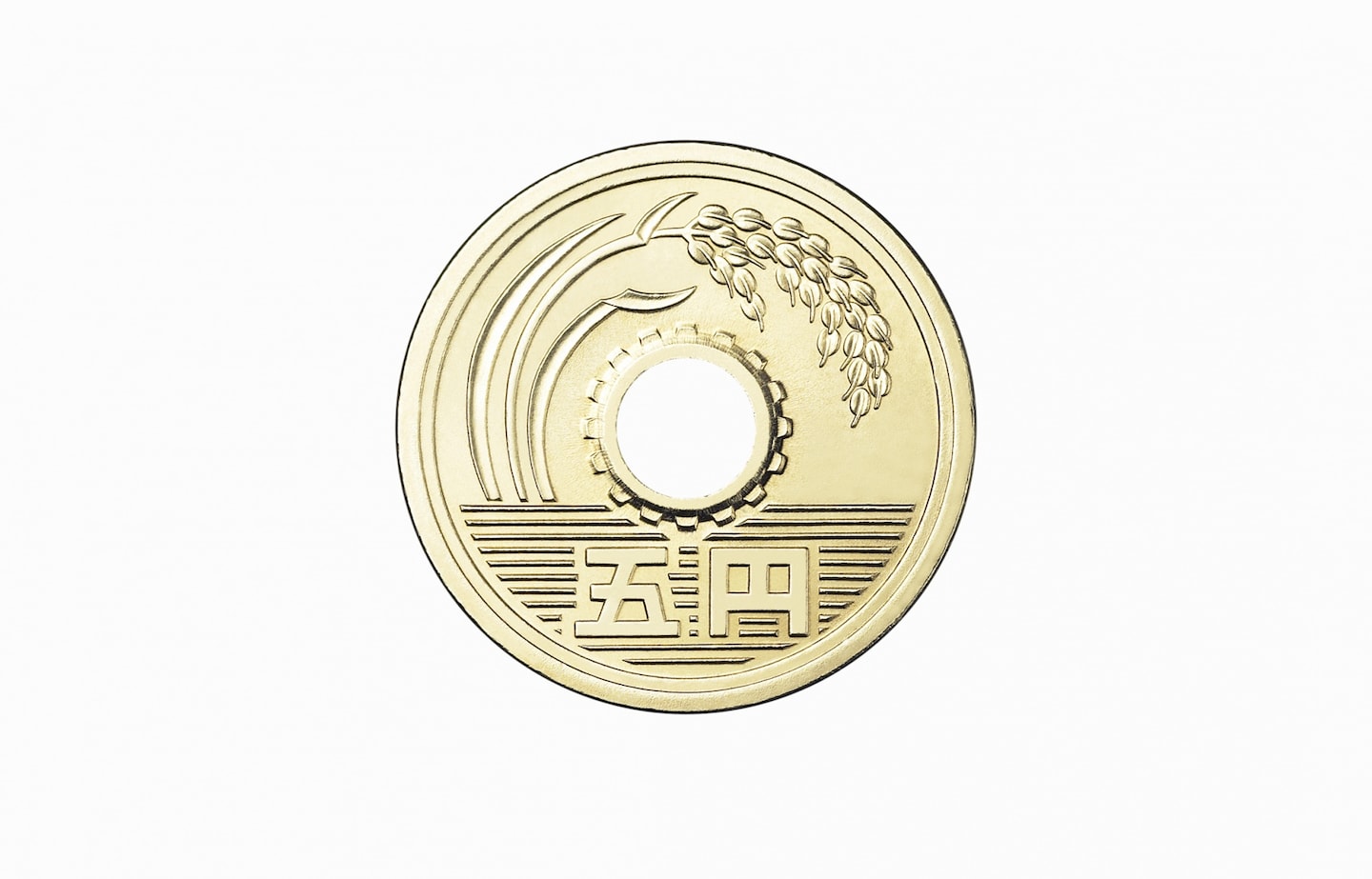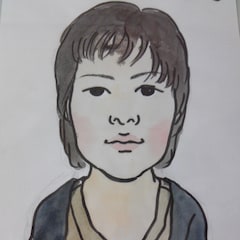When You Wish Upon a Pun
When people pray at shrines or temples, they make monetary offerings to the enshrined deities. Most people throw in coins, and the amount may vary from one person to another. But if you want a chance to meet new people or encounter opportunities that will positively change your life, a ¥5 coin is the perfect amount.
By Mina Otsuka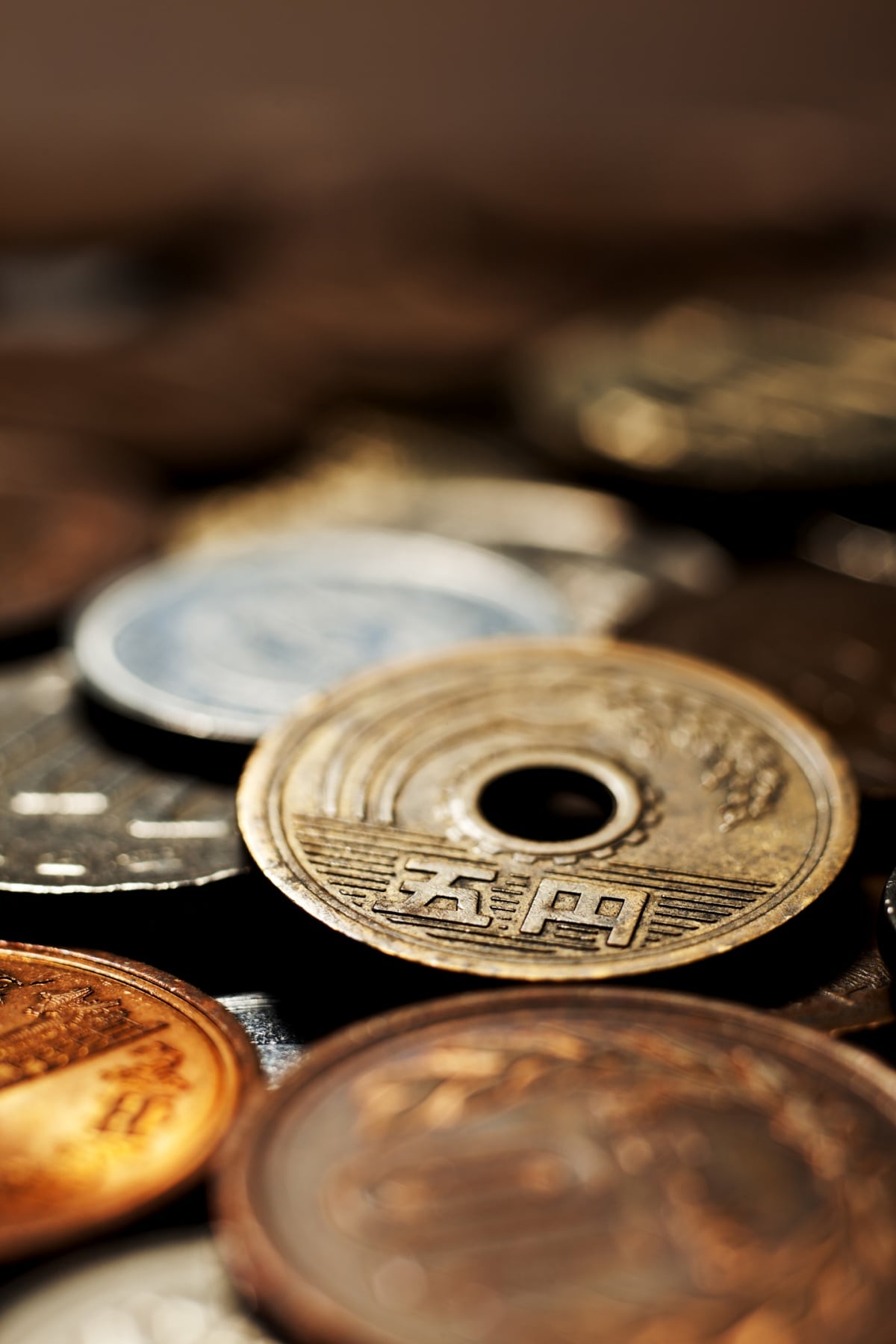
http://amanaimages.com/info/infoRF.aspx?SearchKey=10147000367&GroupCD=0&no=23&aid=&keyword=%83R%83C%83%93&brandrm=False&brandrf=True&SourceKey=d69-7a18-3e70&ItemCount=49
More than a decade ago, I was living in Nerima, Tokyo. There was a sandwich store near the station closest to my apartment, and I was a regular customer there. It was at the end of December, a very cold day, and I went there to get lunch as usual. I greeted the lady at the cashier, and when I paid my money, she handed me a small money pouch that was about an inch in diameter, together with the paper bag of sandwiches I’d ordered.
“Have a Happy New Year,” she said to me.
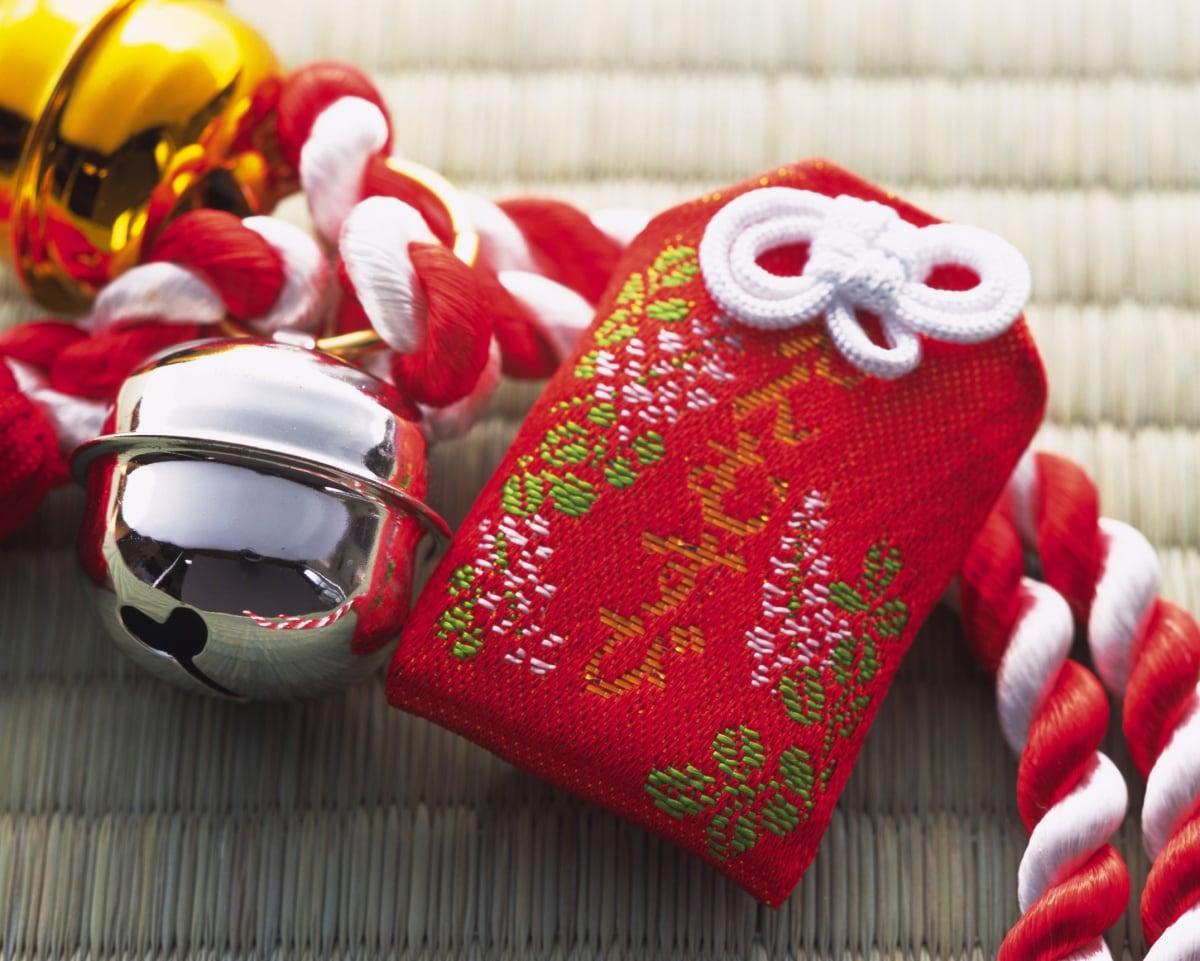
http://amanaimages.com/info/infoRF.aspx?SearchKey=28144085645&GroupCD=0&no=10&aid=&keyword=%82%a8%8e%e7%82%e8&brandrm=False&brandrf=True&SourceKey=a6c3-3c64-58f&ItemCount=12#
I took the pouch in hand and tried to figure out what was inside—it was sealed with a red string. Through the cloth, my fingertips felt a small, hard disc with a familiar hole in the middle. I realized that it held a ¥5 coin for good luck in the upcoming New Year and for having great encounters in life. I thanked the sandwich lady and went outside.
I couldn’t help smiling. A ¥5 coin and a wish for luck for having good encounters. It’s a pun.
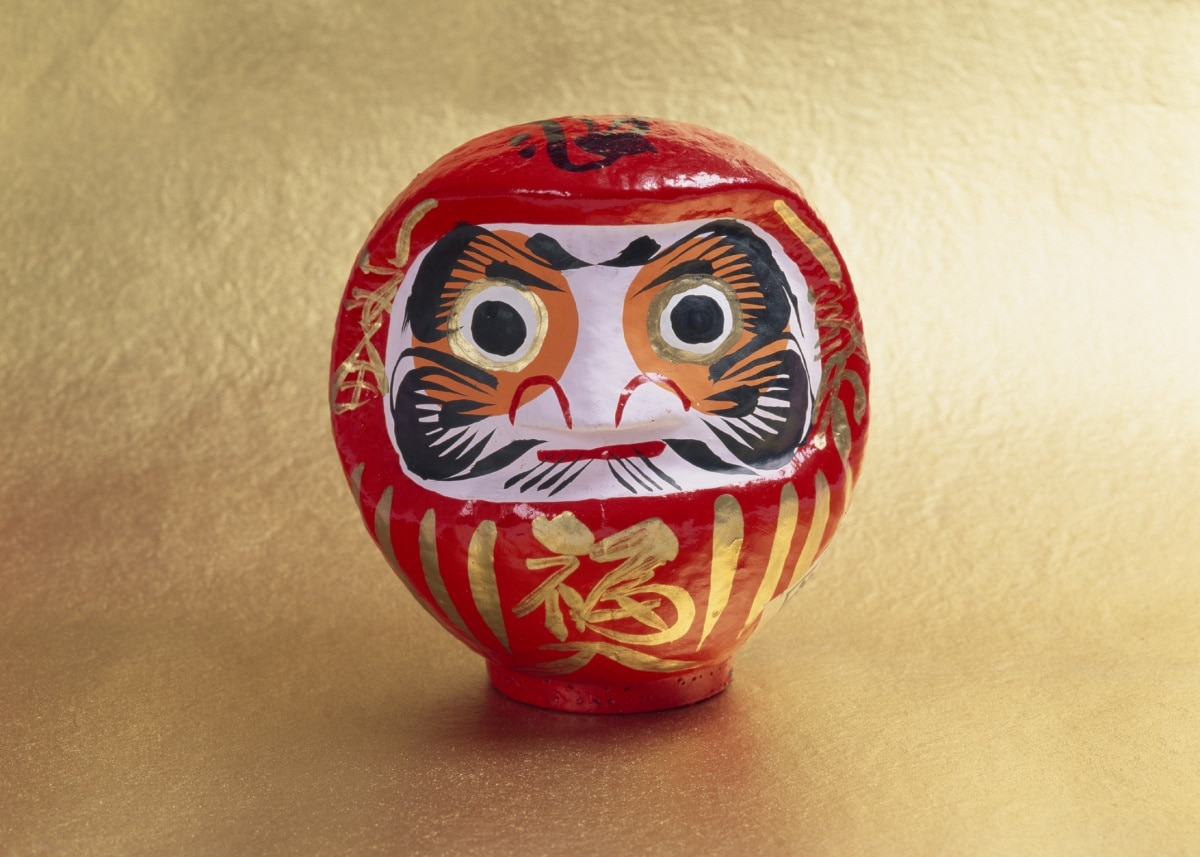
http://amanaimages.com/info/infoRF.aspx?SearchKey=10114000304&GroupCD=0&no=26&aid=&keyword=%90%b3%8c%8e&brandrm=False&brandrf=True&SourceKey=50e1-5cea-f79f&ItemCount=100
A good encounter brought by luck or fate is called en in Japanese, and a ¥5 coin in Japanese is goen: go, indicating the number five, and en, the unit of currency. When Japanese people wish for good chances to meet people and encounter opportunities in life, they pray at temples and shrines: “Please let goen be with me.”
So when the lady at the sandwich store gave me the money pouch with a ¥5 coin inside, she was wishing me luck in having good encounters in life. It’s a lucky charm.
It’s been more than 10 years since then, but I still have the tiny money pouch in my purse and carry it around wherever I go. Has it brought me good encounters? Yes, and they are definitely more worth than ¥5!


